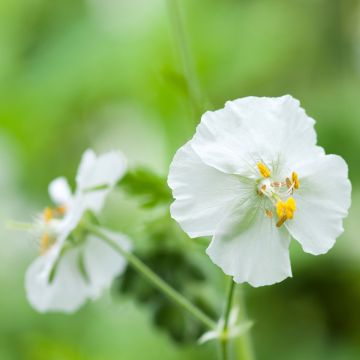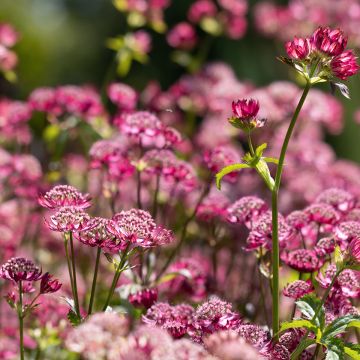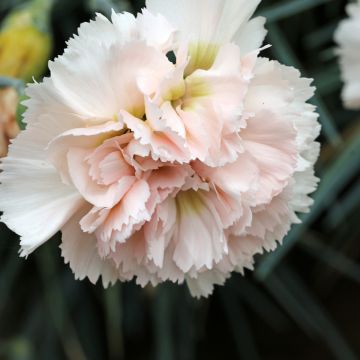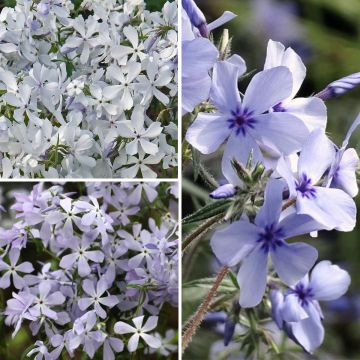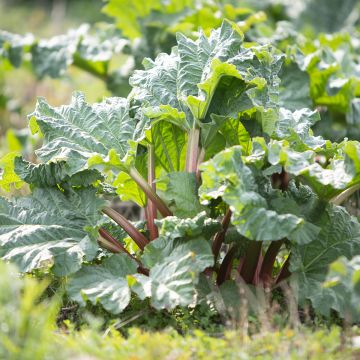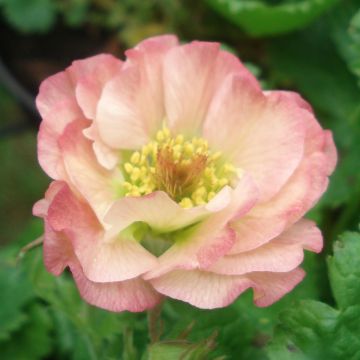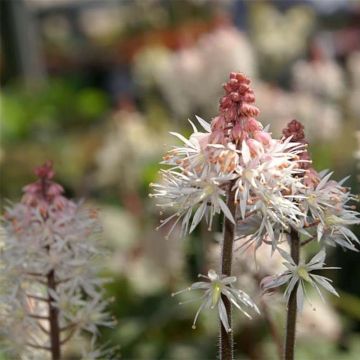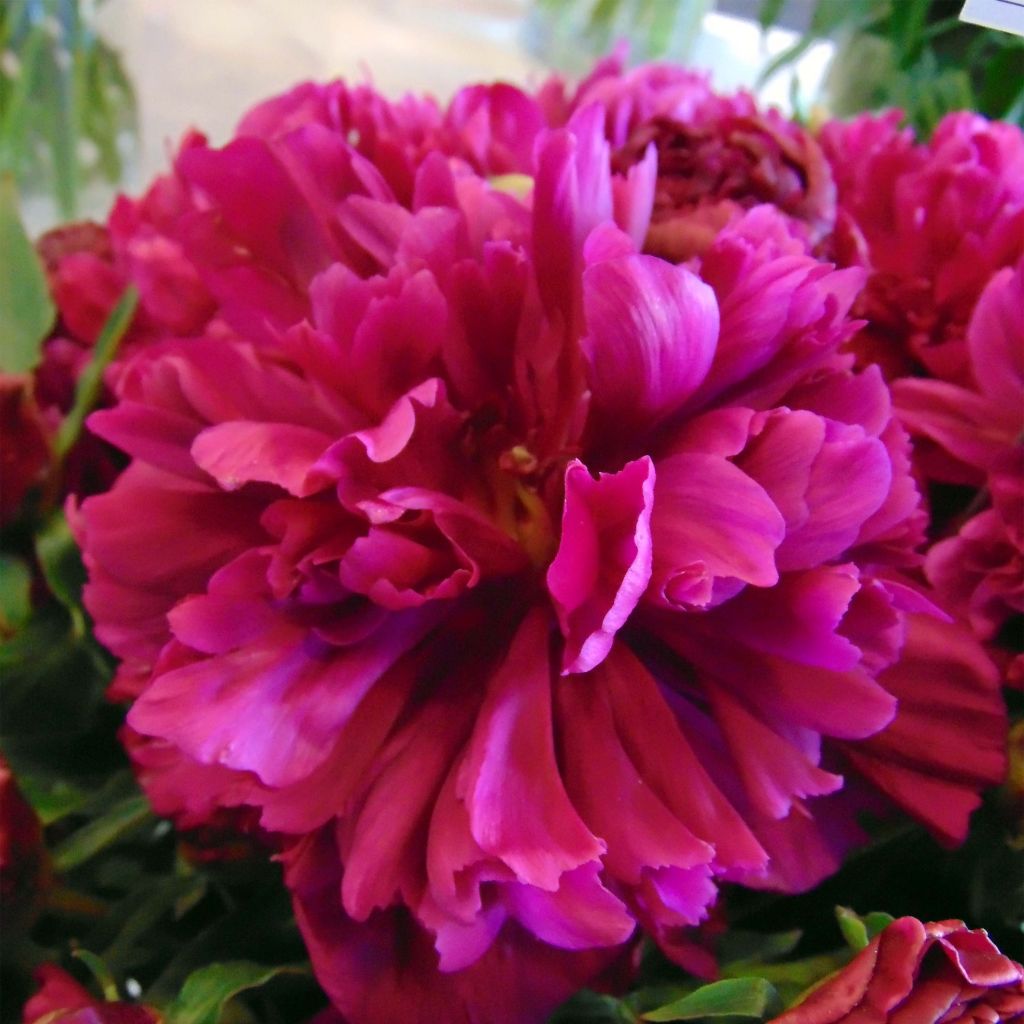

Paeonia lactiflora Inspecteur Lavergne
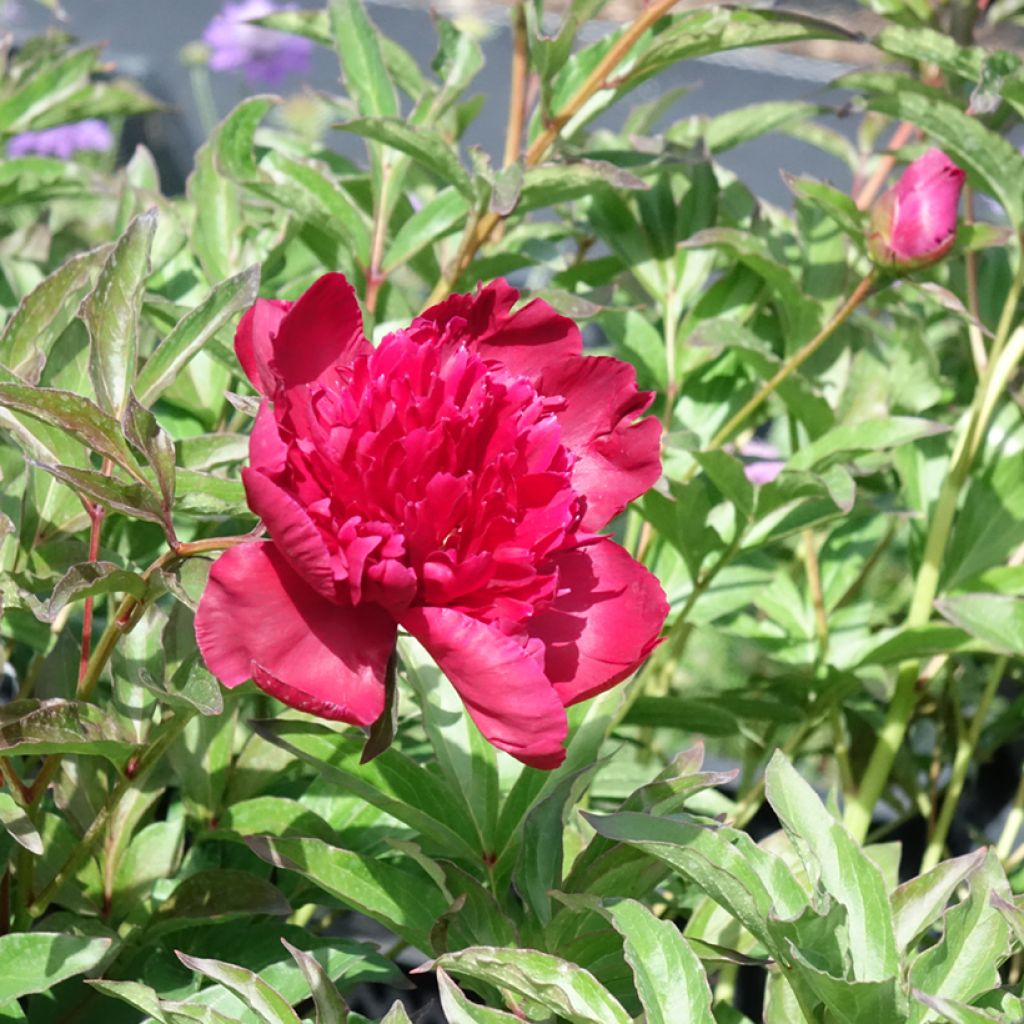

Paeonia lactiflora Inspecteur Lavergne
Paeonia lactiflora Inspecteur Lavergne
Paeonia x lactiflora Inspecteur Lavergne
Common Garden Peony, Chinese Peony
Disappointed with the delivery, shoddy packaging! The rootstock was at one end of the box, the empty pot at the other... pots broken! I do not recommend!
Michel, 02/03/2022
Special offer!
Receive a €20 voucher for any order over €90 (excluding delivery costs, credit notes, and plastic-free options)!
1- Add your favorite plants to your cart.
2- Once you have reached €90, confirm your order (you can even choose the delivery date!).
3- As soon as your order is shipped, you will receive an email containing your voucher code, valid for 3 months (90 days).
Your voucher is unique and can only be used once, for any order with a minimum value of €20, excluding delivery costs.
Can be combined with other current offers, non-divisible and non-refundable.
Home or relay delivery (depending on size and destination)
Schedule delivery date,
and select date in basket
This plant carries a 12 months recovery warranty
More information
We guarantee the quality of our plants for a full growing cycle, and will replace at our expense any plant that fails to recover under normal climatic and planting conditions.
Would this plant suit my garden?
Set up your Plantfit profile →
Description
Paeonia lactiflora Inspecteur Lavergne, in the same vein as the Chinese Peony Felix Crousse, is recognised for its very large anemone flowers of a fairly pure dark carmine pink, slightly tinged with raspberry. Each one is composed of a corolla of wide petals surmounted by a large pompom of small ruffled petals. This variety, easy to grow, is among those that bloomed faithfully in gardens of the past, providing very beautiful flowers for flowerbeds as well as informal bouquets - the beauty of the flowers is accompanied by strong stems with impeccable posture, which can be enjoyed in both settings. Easy to grow, Chinese Peonies thrive in any loose and rather moist soil, in the sun. Robust and faithful, they sometimes take a little time to establish themselves, but they develop year after year and can live for more than 50 years, outlasting the one who planted them.
Chinese herbaceous peonies mainly come from Paeonia lactiflora, a perennial herbaceous plant native to central and eastern Asia (from eastern Tibet, northern China, to eastern Siberia), where it naturally grows in woods and meadows. This plant belongs to the Ranunculaceae or Paeoniaceae family.
The Inspecteur Lavergne variety is an old French creation dating back to 1924. From spring onwards the plant forms a herbaceous and bushy clump, moderately dense, reaching 85 cm (34in) in all directions. Its very large double flowers appear rather late in May-June, depending on the climate, for about two to three weeks, at the tips of the stems. They emerge as a large dark pink bud and then unfold into a skillfully disordered pompom placed in the centre of a crown of larger flattened petals, of the same very bright carmine pink, barely tinged with brown. The centre of the flower is darker, and the edge of the petals touched with pink. The vegetation of this variety is quite airy, and it has remarkable longevity. The young purple and shiny foliage unfurls into large, dark green, finely cut leaves. They are carried on a petiole that divides into 3, with lanceolate or ovate-lanceolate segments. The leaflets are entire or sometimes lobed. The vegetation disappears in winter, while the buds persist at ground level and will develop in spring. This very perennial plant grows from a large fleshy root that does not appreciate being moved.
Peonies are among those plants that form the foundations of a garden. In the past every garden, from the humblest to the most elaborate, proudly displayed clumps of peonies that made their way into the house, keeping lilacs and bluebells company in bouquets. Opulent and generous, beautifully fragrant, the Inspecteur Lavergne Chinese peony thrives in flower beds or along pathways, associated with timeless and unpretentious perennials such as dark blue irises, columbines, bellflowers, perennial geraniums, carnations, or Christmas roses. It can also be grown in the vegetable garden to supply cut flowers for the house. Growing it in a pot is not recommended, as its needs will not be met. Over time, the peony becomes majestic and blooms more and more abundantly, producing up to 60 flowers. By combining different varieties with staggered flowering times, it is possible to have flowers for 6 weeks from spring to early summer.
Report an error about the product description
Paeonia lactiflora Inspecteur Lavergne in pictures
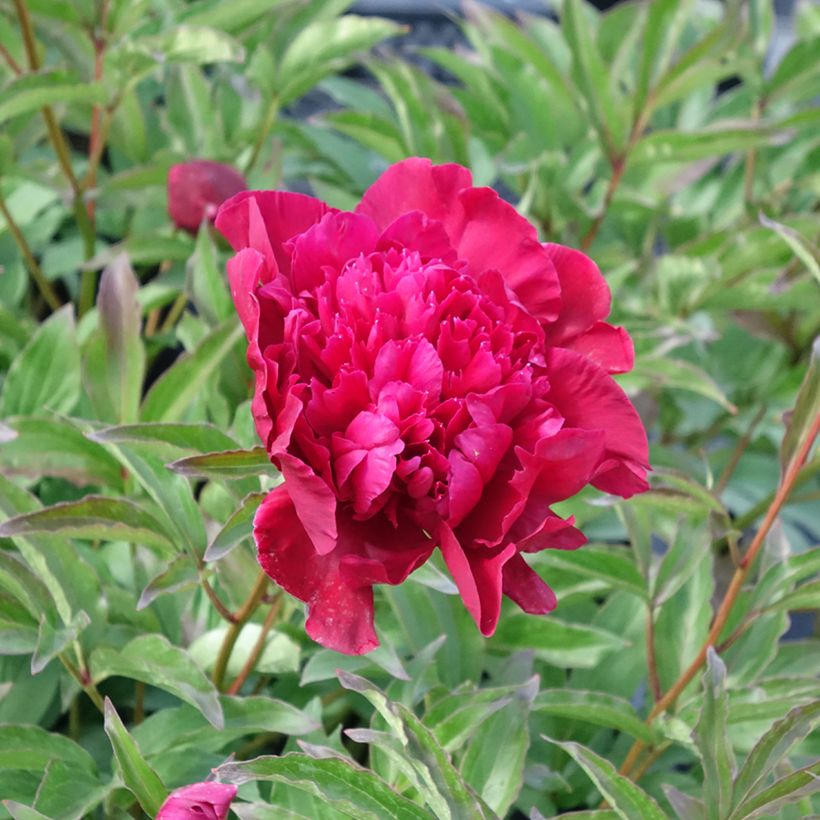

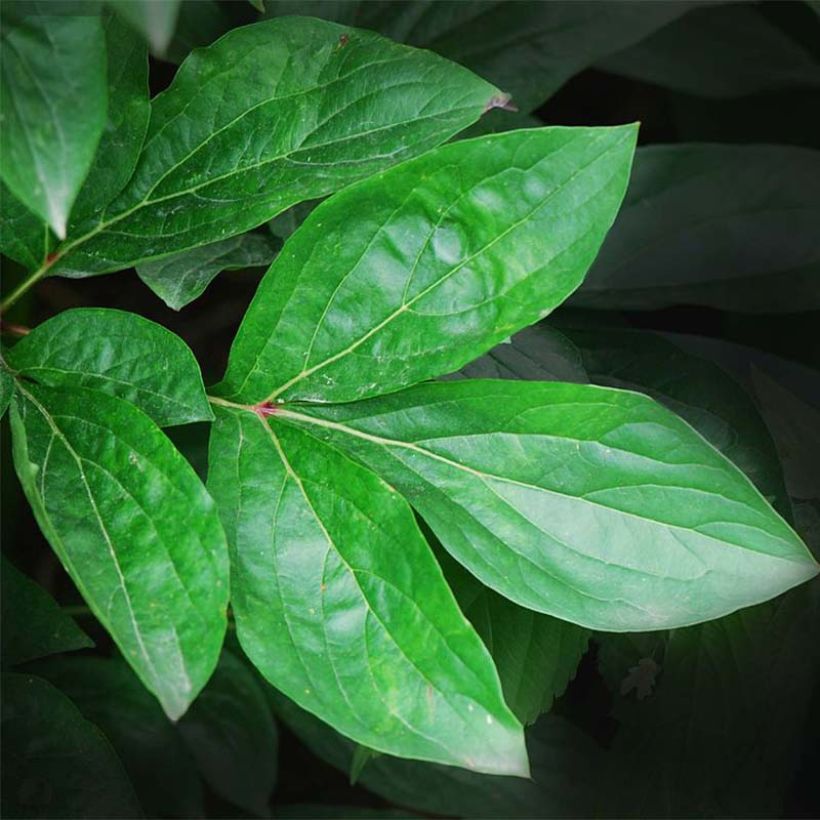

Flowering
Foliage
Plant habit
Botanical data
Paeonia
x lactiflora
Inspecteur Lavergne
Paeoniaceae
Common Garden Peony, Chinese Peony
Cultivar or hybrid
Planting and care
The best time to plant peonies is in autumn. Install in a sunny or well-lit location, spaced 60 cm (24in) apart. They appreciate cold winters that promote dormancy and flower formation. The soil should be loose, deep, fertile, and moist. They need space and are sensitive to competition from other species. Prepare a hole 50 cm (20in) deep and mix organic fertiliser into your soil, partially backfill, place your plants inside, and cover with 6 cm (2in) of soil above the eyes. After planting, tamp down and water generously. Our bouquet tip: cut your peonies at sunrise when the buds start to colour. Don't delay in putting them in water.
Planting period
Intended location
Care
-
, onOrder confirmed
Reply from on Promesse de fleurs
Similar products
Haven't found what you were looking for?
Hardiness is the lowest winter temperature a plant can endure without suffering serious damage or even dying. However, hardiness is affected by location (a sheltered area, such as a patio), protection (winter cover) and soil type (hardiness is improved by well-drained soil).

Photo Sharing Terms & Conditions
In order to encourage gardeners to interact and share their experiences, Promesse de fleurs offers various media enabling content to be uploaded onto its Site - in particular via the ‘Photo sharing’ module.
The User agrees to refrain from:
- Posting any content that is illegal, prejudicial, insulting, racist, inciteful to hatred, revisionist, contrary to public decency, that infringes on privacy or on the privacy rights of third parties, in particular the publicity rights of persons and goods, intellectual property rights, or the right to privacy.
- Submitting content on behalf of a third party;
- Impersonate the identity of a third party and/or publish any personal information about a third party;
In general, the User undertakes to refrain from any unethical behaviour.
All Content (in particular text, comments, files, images, photos, videos, creative works, etc.), which may be subject to property or intellectual property rights, image or other private rights, shall remain the property of the User, subject to the limited rights granted by the terms of the licence granted by Promesse de fleurs as stated below. Users are at liberty to publish or not to publish such Content on the Site, notably via the ‘Photo Sharing’ facility, and accept that this Content shall be made public and freely accessible, notably on the Internet.
Users further acknowledge, undertake to have ,and guarantee that they hold all necessary rights and permissions to publish such material on the Site, in particular with regard to the legislation in force pertaining to any privacy, property, intellectual property, image, or contractual rights, or rights of any other nature. By publishing such Content on the Site, Users acknowledge accepting full liability as publishers of the Content within the meaning of the law, and grant Promesse de fleurs, free of charge, an inclusive, worldwide licence for the said Content for the entire duration of its publication, including all reproduction, representation, up/downloading, displaying, performing, transmission, and storage rights.
Users also grant permission for their name to be linked to the Content and accept that this link may not always be made available.
By engaging in posting material, Users consent to their Content becoming automatically accessible on the Internet, in particular on other sites and/or blogs and/or web pages of the Promesse de fleurs site, including in particular social pages and the Promesse de fleurs catalogue.
Users may secure the removal of entrusted content free of charge by issuing a simple request via our contact form.
The flowering period indicated on our website applies to countries and regions located in USDA zone 8 (France, the United Kingdom, Ireland, the Netherlands, etc.)
It will vary according to where you live:
- In zones 9 to 10 (Italy, Spain, Greece, etc.), flowering will occur about 2 to 4 weeks earlier.
- In zones 6 to 7 (Germany, Poland, Slovenia, and lower mountainous regions), flowering will be delayed by 2 to 3 weeks.
- In zone 5 (Central Europe, Scandinavia), blooming will be delayed by 3 to 5 weeks.
In temperate climates, pruning of spring-flowering shrubs (forsythia, spireas, etc.) should be done just after flowering.
Pruning of summer-flowering shrubs (Indian Lilac, Perovskia, etc.) can be done in winter or spring.
In cold regions as well as with frost-sensitive plants, avoid pruning too early when severe frosts may still occur.
The planting period indicated on our website applies to countries and regions located in USDA zone 8 (France, United Kingdom, Ireland, Netherlands).
It will vary according to where you live:
- In Mediterranean zones (Marseille, Madrid, Milan, etc.), autumn and winter are the best planting periods.
- In continental zones (Strasbourg, Munich, Vienna, etc.), delay planting by 2 to 3 weeks in spring and bring it forward by 2 to 4 weeks in autumn.
- In mountainous regions (the Alps, Pyrenees, Carpathians, etc.), it is best to plant in late spring (May-June) or late summer (August-September).
The harvesting period indicated on our website applies to countries and regions in USDA zone 8 (France, England, Ireland, the Netherlands).
In colder areas (Scandinavia, Poland, Austria...) fruit and vegetable harvests are likely to be delayed by 3-4 weeks.
In warmer areas (Italy, Spain, Greece, etc.), harvesting will probably take place earlier, depending on weather conditions.
The sowing periods indicated on our website apply to countries and regions within USDA Zone 8 (France, UK, Ireland, Netherlands).
In colder areas (Scandinavia, Poland, Austria...), delay any outdoor sowing by 3-4 weeks, or sow under glass.
In warmer climes (Italy, Spain, Greece, etc.), bring outdoor sowing forward by a few weeks.


































